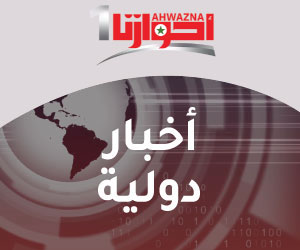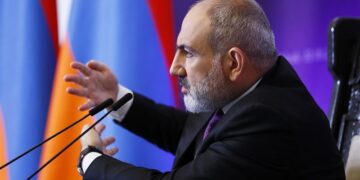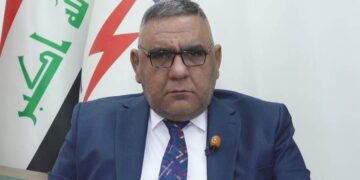Iraq is set to allow electronic financial transactions within government institutions and offices starting in the new year, an Iraqi government official told Rudaw on Thursday.
“Starting in 2024, all financial transactions in all government institutions will be electronic, via electronic payment cards,” Haider Majid, the spokesperson for the Iraqi government’s secretariat told Rudaw’s Hastyar Qadir.
Majid said that the Iraqi government’s secretariat has issued a “general notice” to all government institutions, employees, and citizens who own electronic cards to avoid using them in untrustworthy transactions over the internet, adding the cards must not be used by individuals whose name they are not registered under, and their numbers must not be shared.
The decision to turn most of the transactions electronic constitutes an attempt by the government to prevent money laundering and smuggling of dollars outside of Iraq.
A dollar’s worth is fluctuating between 1,500 to 1,600 dinars in the market but the Iraqi Central Bank rate for a dollar is 1,320 dinars.
The Iraqi dinar has been losing value against the US dollar for several months, leading to a surge in prices of basic goods and consequent outcry from the Iraqi public. The depreciation has been attributed to the smuggling of dollars out of Iraq, mainly to neighboring Iran.
According to Majid, the government’s vision is to make all financial transactions within government institutions electronic.
In September, the Central Bank of Iraq announced that all transactions inside Iraq would be made in dinars starting in 2024.
Many banks across Iraq have started preventing customers from withdrawing their money in dollars and only allowing them to withdraw in Iraqi dinars at the value set in the budget. The move has drawn strong public outcry as the value of the Iraqi dinar against the US dollar in the markets is much lower than the one set out in the budget.






























